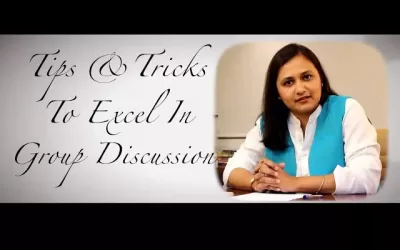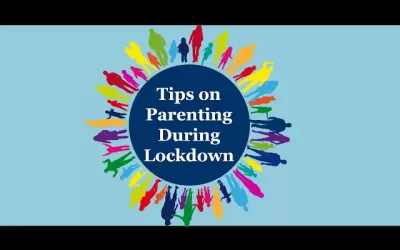 Unlocking Success: A Comprehensive Guide to Personal Interview Questions
Unlocking Success: A Comprehensive Guide to Personal Interview Questions
Ms. Suchitra Surve gives you tips for acing personal interviews. An interview is an interaction between the employer and a potential employee. It is conducted to learn about you and your personality, and functional and technical skills. There are different types of interviews – one-on-one, group, HR or behavioral, stress, technical, and functional.
There may be many rounds of interviews and the duration of each round may vary. At times there is a possibility of Skype interviews. While giving Skype interviews though you are at home you need to give your best. You have to be formally dressed, arrive early for the interviews, always carry a resume for an interview also carry all relevant documents.
How To Answer Personal Interview
Always keep in mind, to be honest, and give precise answers during an interview. Make sure you concentrate and listen to the question well and then answer to the point. Be aware of your body language as it is important. Hope these points are helpful in for preparing your interviews.
Mastering the Art of Interviewing: Learn How to Answer Personal Interview Questions Effectively. In this comprehensive guide, you’ll gain valuable insights and practical tips on acing your job interviews. Discover strategies for handling common interview questions, showcasing your skills and experience, and leaving a lasting impression on potential employers. Whether you’re a seasoned professional or new to the job market, this resource will help you navigate the interview process with confidence and land your dream job
Frequently Asked Questions for Personal Interview Questions & How to Answer
1. What are personal interview questions, and why are they important?
Personal interview questions are queries asked by interviewers to assess a candidate’s suitability for a job or position. They are crucial in understanding a candidate’s qualifications, skills, and fit for the role.
2. What types of personal interview questions can I expect during a job interview?
Interview questions can be categorized into several types, including behavioral, situational, technical, and competency-based questions. Expect a mix of these in an interview.
3. How can I prepare for a job interview and anticipate the questions that may be asked?
To prepare, research the company, review the job description, and practice common interview questions related to your field. Consider conducting mock interviews with a friend or career coach.
4. What are behavioral interview questions, and how should I approach them?
Behavioral interview questions ask about past experiences to predict future behavior. Use the STAR (Situation, Task, Action, Result) method to structure your responses, emphasizing specific examples and outcomes.
5. What are situational interview questions, and how can I respond effectively to them?
Situational questions present hypothetical scenarios. Respond by discussing how you would handle the situation, emphasizing problem-solving skills, and your ability to think on your feet.
6. How should I prepare for technical interview questions related to my field or industry?
Study technical concepts relevant to the job, review your resume, and be ready to discuss your relevant skills and experiences in detail.
7. What is a competency-based interview, and how can I demonstrate my competencies effectively?
Competency-based interviews focus on specific skills or behaviors. Prepare by identifying key competencies required for the role and providing examples of how you’ve demonstrated them.
8. How can I answer open-ended interview questions effectively without rambling or going off-topic?
Practice concise and structured responses. Focus on answering the question directly and providing relevant details while avoiding excessive details.
9. What should I do if I encounter a question I don’t know the answer to during an interview?
If you don’t know the answer, it’s okay to admit it. Express a willingness to learn and provide examples of how you’ve quickly acquired new skills or knowledge in the past.

 Unlocking Success: A Comprehensive Guide to Personal Interview Questions
Unlocking Success: A Comprehensive Guide to Personal Interview Questions




